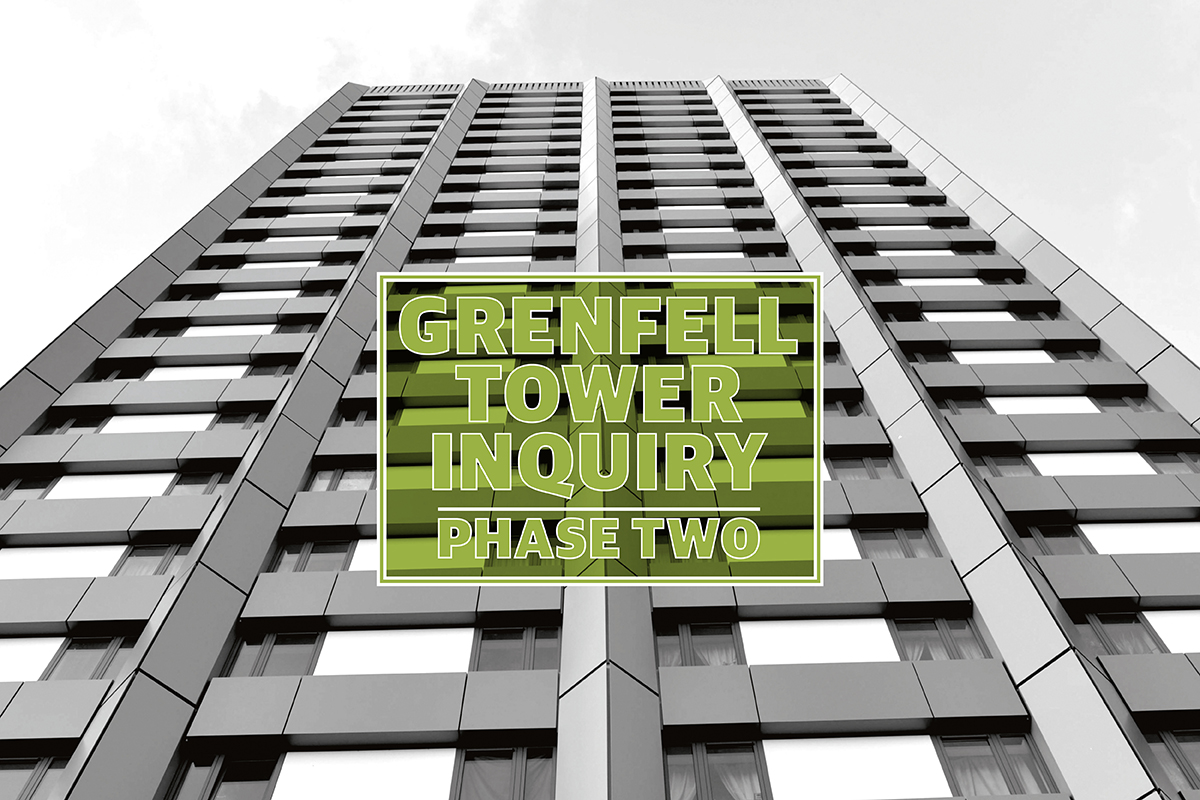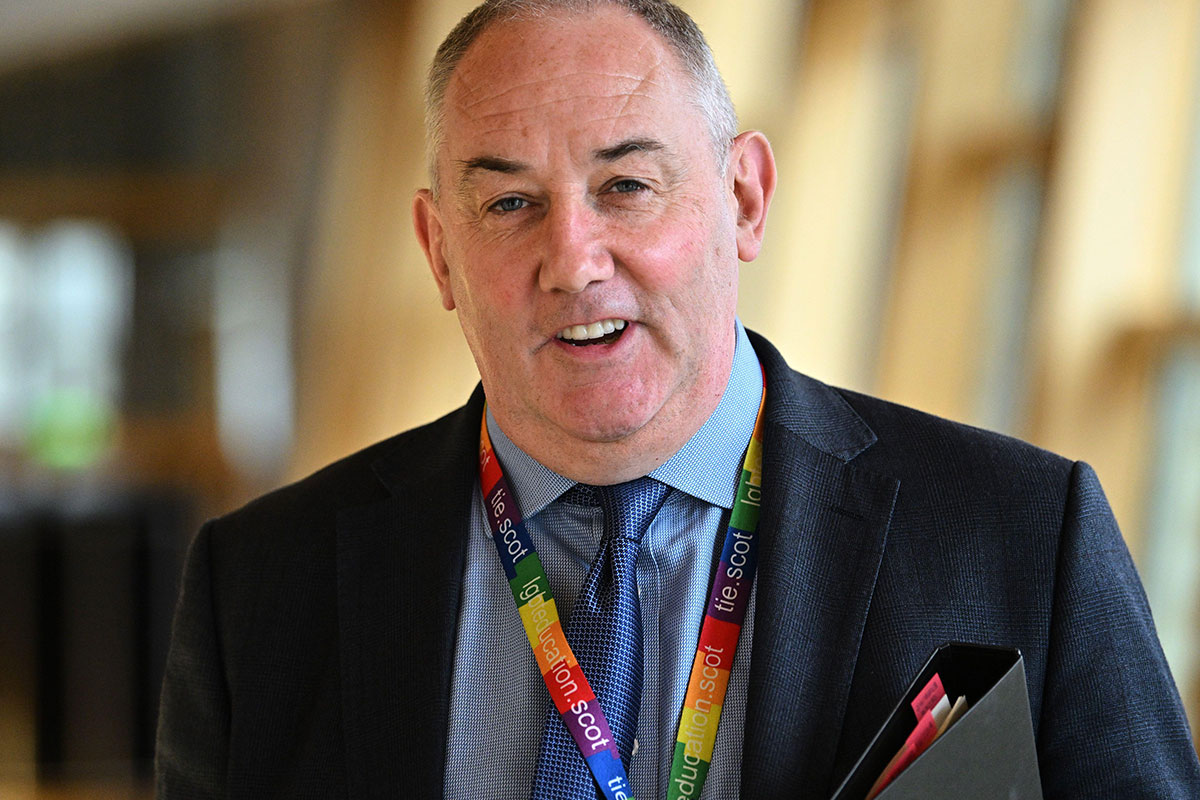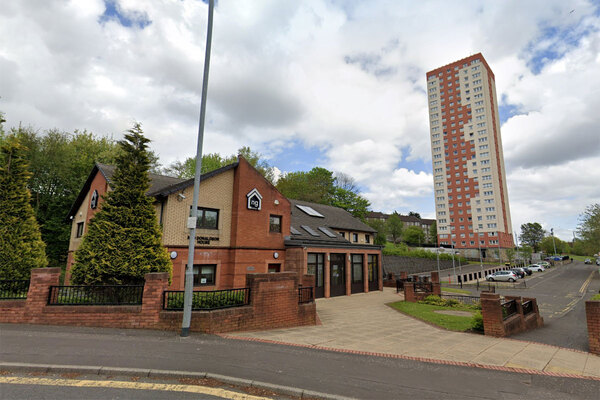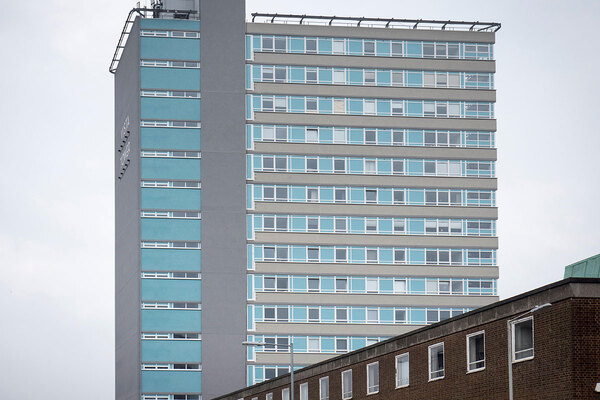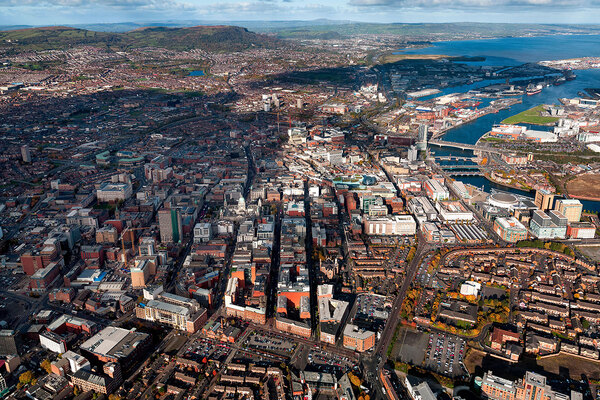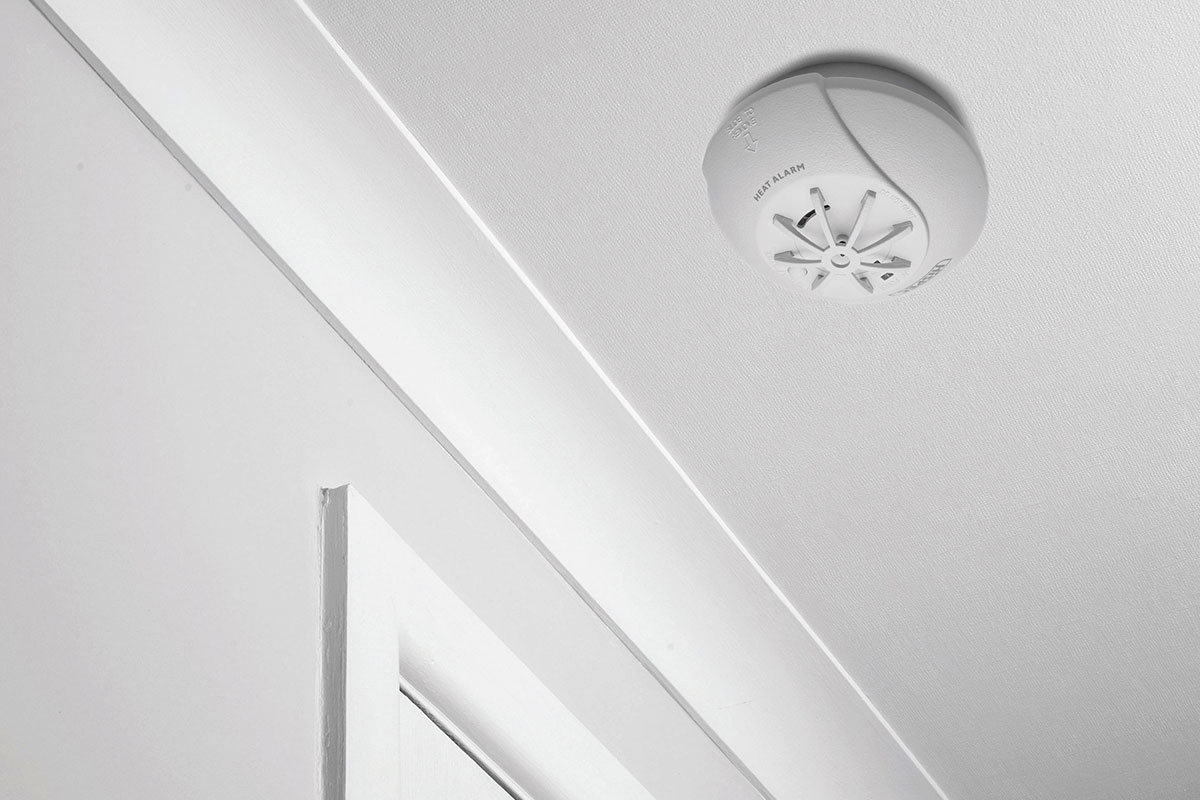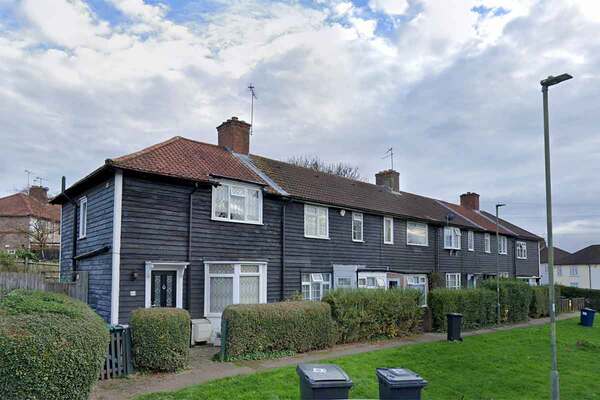Firefighters would have been ‘improvising’ if they had attempted Grenfell evacuation, says union lawyer
Firefighters would have been “improvising in the face of a risk to life” if they had sought to evacuate Grenfell when flames spread up the tower, a lawyer acting for the Fire Brigades Union has told the inquiry.
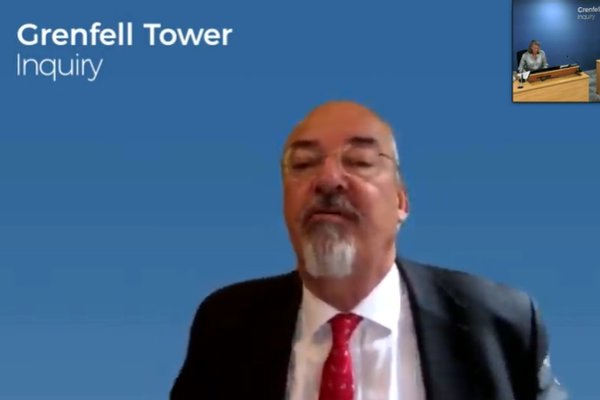
Appearing for the Fire Brigades Union (FBU), Martin Seaward QC responded to criticisms levelled by lawyers for the bereaved and survivors this morning and Sir Martin Moore-Bick, the inquiry chair, in his first-phase report.
Mr Seaward defended the actions of the first firefighter to take command of the incident, Michael Dowden, who was criticised in the first-phase report for not ordering an evacuation when the fire tore up the outside of the building in the early stages of the blaze.
He pointed out that there are “still no national guidelines on evacuation”, as a government steering group on this procedure has not reported yet.
“In light of this delay… how can watch manager Dowden possibly be criticised for not having devised an evacuation from Grenfell Tower on that terrible night,” he said. “If he had considered revoking stay put and moving to evacuation, he would have had to improvise to carry it out; improvise in the face of the formidable dangers arising, including a risk to life.”
He added: “The [London Fire Brigade (LFB)] should not be blamed for failing to devise an evacuation policy. The FBU’s understanding is that no other fire and rescue service had an evacuation policy at the time of the fire.”
He said that despite references to an alternative system in use in Kent – described by lawyers for survivors this morning – this was not, in fact, adopted as policy. “There’s no indication that [it] had actually been adopted by Kent, or any other fire and rescue service, by the time of the Grenfell Tower disaster, or even now,” he said.
He warned that a review of fire services, as some lawyers acting for the bereaved and survivors have urged, could be used as a mask for cuts and privatisation.
“It is the experience of the FBU that so-called reforms in the fire and rescue service have eroded rather than improved the fire service – a process that has been echoed across the public services,” he said.
He also questioned the appointed of Steve McGuirk as an expert, a former senior firefighter who has criticised the brigade’s failure to evacuate Grenfell Tower in his report.
He said Mr McGuirk’s report “sidestepped the difficult question” of how an evacuation could have been carried out.
He said Mr McGuirk was “part of the problem”, saying he had been a “leading national figure” when the government produced guidance on high-rises in the early 2010s.
Mr Seaward also urged the inquiry to call prime minister Boris Johnson to answer for fire service cuts when he was mayor of London. “As the former mayor, he repeatedly overrode the London Assembly to impose swingeing cuts on the LFB,” he said.
Stephen Walsh QC (above), who gave an opening statement on behalf of the London Fire Commissioner (the head of the LFB), said “the brigade must and is doing everything in its power to learn the hard lessons from that terrible night”.
He said a “suite of new and revised measures” had been adopted by the brigade since the fire, including high-rise firefighting, evacuation and handling calls with residents trapped in burning buildings, with training programmes delivered to 4,500 staff over the course of a year.
He said he would “resist the temptation to engage in counterarguments” over several points raised by lawyers for the bereaved and survivors this morning, saying they would be addressed in his closing submissions.
He did say, however, that only one of the expert witnesses instructed for this module – Mr McGuirk – had expertise in firefighting or managing a fire service.
He added that some of the arguments of other participants were “predicated on the assumption that the Grenfell Tower fire was an entirely foreseeable event”.
While he said it would be “crass” to argue that certain factors weren’t foreseeable, he added: “We simply make the point that the question of foreseeability of the whole incident cannot be answered in simple binary terms, yes or no.
“Planning for such eventualities through operational procedures and training is, of course, highly challenging, not least because buildings such as Grenfell Tower, as we know, were never intended to allow firefighting and rescue on multiple floors. Nor were they designed to facilitate a simultaneous evacuation of the full complement of residents.”
He said that while international examples, such as the Lacrosse fire in Melbourne, offered “much to learn about fire behaviour”, the extent to which they could “inform the development of evacuation procedures in the UK, particularly for stay-put buildings, is much more restricted”.
The building in Melbourne, for example, had “sophisticated fire-suppression systems” and fire alarms, none of which were present at Grenfell or required by UK regulations at the time.
Louis Browne QC, appearing for the Fire Officers’ Association, which represents more-senior firefighters, emphasised that the spread of the fire, causing multiple-storey internal and external fires, was outside the experience of all those who attended to fight it.
“On the night of the fire, none of the firefighters, including those in the command positions, had any knowledge that the tower was clad in such highly combustible rainscreen cladding,” he said. “The evidence given by all firefighters who commented upon it was that the fire at the tower was wholly outside the experience of all personnel who attended.”
Speaking for Sadiq Khan, the mayor of London, Anne Studd QC cited a recent fire at New Providence Wharf in Poplar as evidence that the brigade was learning lessons.
An evacuation was carried out early in the incident, there were no fatalities and the fire was under control within two-and-a-half hours.
However, she said it also demonstrated the ongoing risk to tower blocks in the capital. “The risk present in London’s built environment remains high,” she said. “Many buildings are subject to interim safety measures such as waking watch [and] the latest figures available at the time are that over 1,000 buildings have changed from stay put to a simultaneous evacuation strategy.”
She also cited funding cuts, saying that the mayor was funding the brigade “at levels higher than those to which he was resourced by central government” and a review in 2016 indicated that the brigade could sustain no further cuts.
The inquiry continues, with the first witness from the LFB appearing tomorrow.
Sign up for our weekly Grenfell Inquiry newsletter
Each week we send out a newsletter rounding up the key news from the Grenfell Inquiry, along with the headlines from the week
Already have an account? Click here to manage your newsletters

